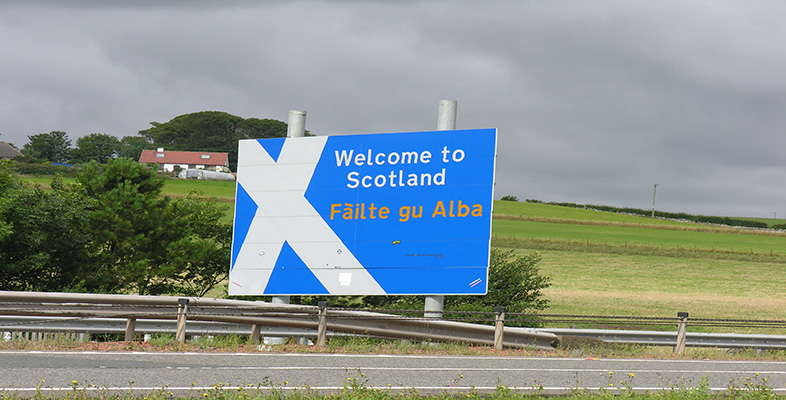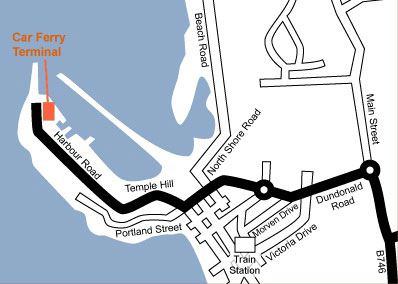4.2 Why learn Gaelic?
4.2.1 A cultural answer
One of the main reasons that people living in Scotland start learning Gaelic or enrol their children in GME is because they feel that the language is an important part of the Scottish heritage and identity, as well as a living component of the diverse society that is modern Scotland.
As discussed in Section 1.3, Gaelic’s contribution to the Scottish identity extends to the country’s name, ‘Scoti’ being the Romans’ name for the Gaelic-speakers from Ireland whom they encountered here. The origin of many Scottish icons, such as tartan, is also closely associated with Gaelic, and Gaelic’s rich musical tradition has influenced Scottish music generally, as well as being popular in its own right.
Place names preserve a memory of the cultures that have inhabited an area in times gone by and that have contributed to its present character. Most parts of Scotland have names that indicate a Gaelic past. Some of these terms are geographical: Troon in Ayrshire, for example, is sometimes referred to as An t-sròn - the nose, i.e. the bill-like headland which is a prominent feature of Troon harbour. Others can throw a light on an area’s forgotten history. Dalneigh, for example, is the name of a housing estate in the city of Inverness but its original Gaelic name – ‘Dail an Eich’ or ‘horse pasture’ – speaks of a more agricultural past. Ironically, a tenuous link with that past has been established recently with the setting up of an allotments scheme in Dalneigh.
If you are interested in Gaelic place names and would like more information, and a gazeteer of Gaelic names, visit the Ainmean-Àite na h-Alba/Gaelic Place Names of Scotland [Tip: hold Ctrl and click a link to open it in a new tab. (Hide tip)] website.

